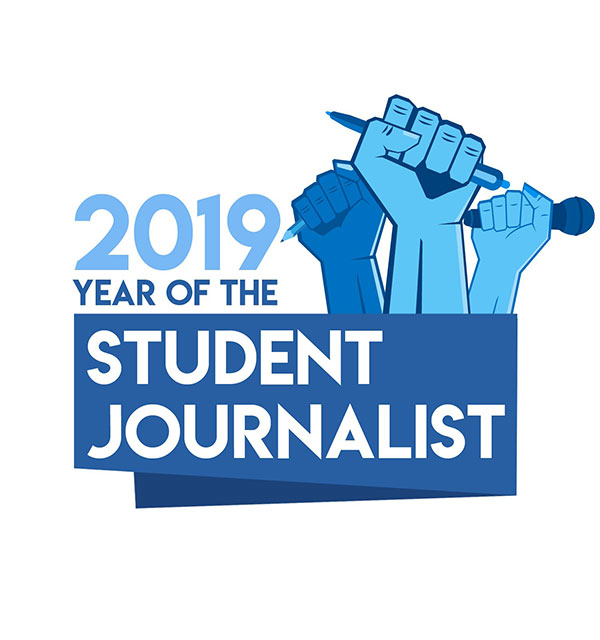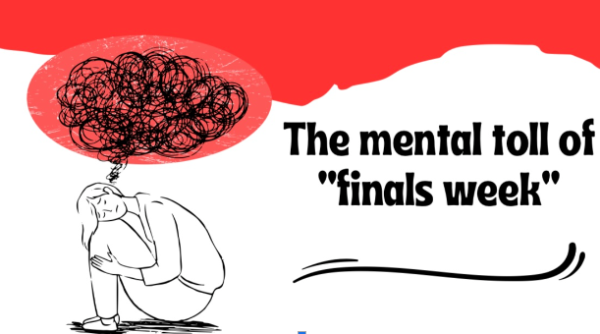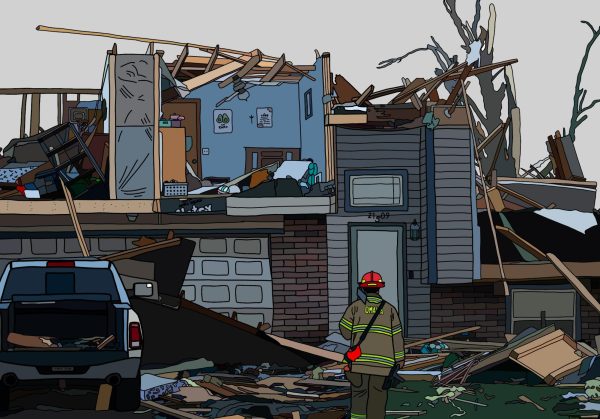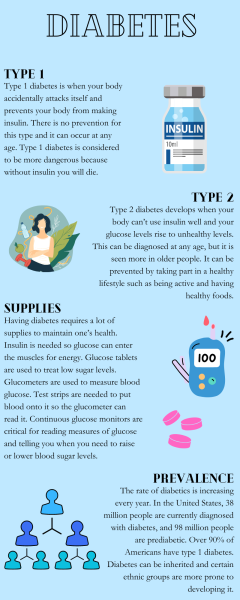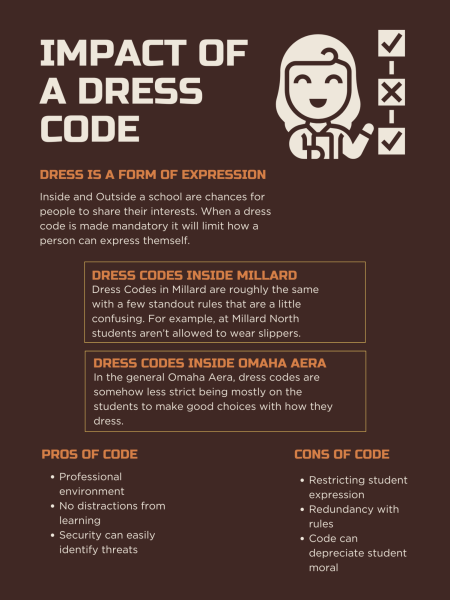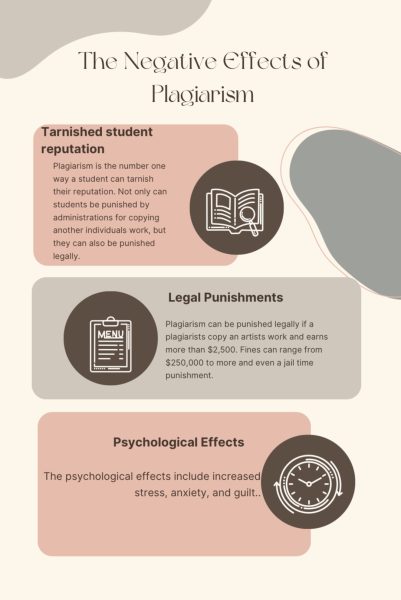Pressing need for free student press
Bill proposed in Nebraska’s senate gives hope to student journalists
Student Press Law Center declared 2019 the Year of the Student Journalist. They hope this will bring awareness to the important work student journalists do everyday. They also hope it will help people understand the threats student publications face when it comes to censorship, budget cuts and retaliation.
October 3, 2019
Free press is the foundation of America. It allows us to learn about our community, question popular social ideas and criticize people in public office. If the First Amendment that protects these rights were ever interfered with, there would rightfully be a revolt. Luckily for most people in America, it’s hard to imagine a nation without these protections. For student journalists, however, this is our daily reality. Soon, that may change.
A bill proposed in Nebraska’s Unicameral would protect student journalists and ensure that their First Amendment rights aren’t interfered with. It would also protect advisors of school-sponsored publications and protect schools from potential lawsuits over published stories. The bill, known as LB206, is part of a wider movement known as New Voices, “a student-powered nonpartisan grassroots movement of state-based activists who seek to protect student press freedom with state laws” according to the Student Press Law Center (SPLC). A record number of New Voices laws have been introduced in 2019 which is something for journalists and free press advocates everywhere to be optimistic about. Protecting free student press is long overdue for Nebraska and will keep schools and communities informed, secure and civically engaged.
New Voices’ purpose is also to counteract the Supreme Court decision in the 1988 case Hazelwood School District v. Kuhlmeier which outlined the level of control that schools have over student publications. In the case, the court ruled that a high school principal who censored articles about teen pregnancy and divorce did not violate the students’ 1st Amendment rights. This set the standard for all future student censorship cases and has been used as an excuse by administrators since the ruling to keep important, truthful stories from being published in the name of protecting the school’s reputation. It effectively told students that their right to free press stops at the school doors. If we send this message to them now then we not only violate their constitutional rights, but also set ourselves up for a future where freedom of speech can be taken away freely by authorities.
The journalism staff at Millard West has been able to publish stories over many controversial issues like gun control, women’s rights, vaccinations and vaping. However, that doesn’t mean the need for this legislation has lessened. Without legal protection set in stone, we continue to face the threat of censorship, as do all of the other schools in the state. Student journalists need to be able to feel like they can safely start discussions about these issues and keep people informed without the fear of schools getting involved because they are desperate to avoid controversy.
Even for schools who haven’t had much experience with administrative censorship, cases like Hazelwood cause many to self-censor to avoid getting in trouble. In a survey by the Center for Scholastic Journalism, 32 percent of student journalists and 28 percent of advisors said they had decided not to publish something because they believed their administration would censor it later. This is upsetting because even though all student publications are the voice of their school and the student body, this shows that some of them are treated by schools as a PR department rather than a platform for students to critically question and discuss issues on their campus and in their community. Leaving the power of the press in the hands of school officials is dangerous. We wouldn’t give the federal government the ability to censor and control journalists to keep their reputation clean, so why do we not treat student publications the same way?
LB206 passed through committee unanimously, but due to timing it wasn’t heard on the floor before the legislature’s 2019 session ended in June. It will be heard in 2020 and proponents of the bill are hopeful that it will pass, according to SPLC. Students want to be able to freely explore issues that their generation cares about and not be more concerned with school image than with telling the truth.
During committee hearings, student journalists and advisors testified in favor of the bill and made clear the pressing need for this legislation in Nebraska. They told their stories of being censored or fearing for their publications because they were there to report on the weaknesses of their schools and government when no one else would. Students from Doane University and Chadron State College, for example, talked about how they were the only ones breaking reports of hazing incidents at their schools.
Despite the large number of supporters, the bill has not gone without opposition. It was introduced in 2016, but has been stalled for years. Now, this bill is more important than ever as journalists everywhere fight against increasing threats from the government and the public alike.
We shouldn’t be teaching students that if they question, criticize or go against the wishes of public institutions that they’ll be punished. Our priority as a nation shouldn’t be to avoid controversy. We need to recognize that hearing new ideas and perspectives is a critical part of a high-quality education which is why proposed laws like LB206 are so crucial to our country.


